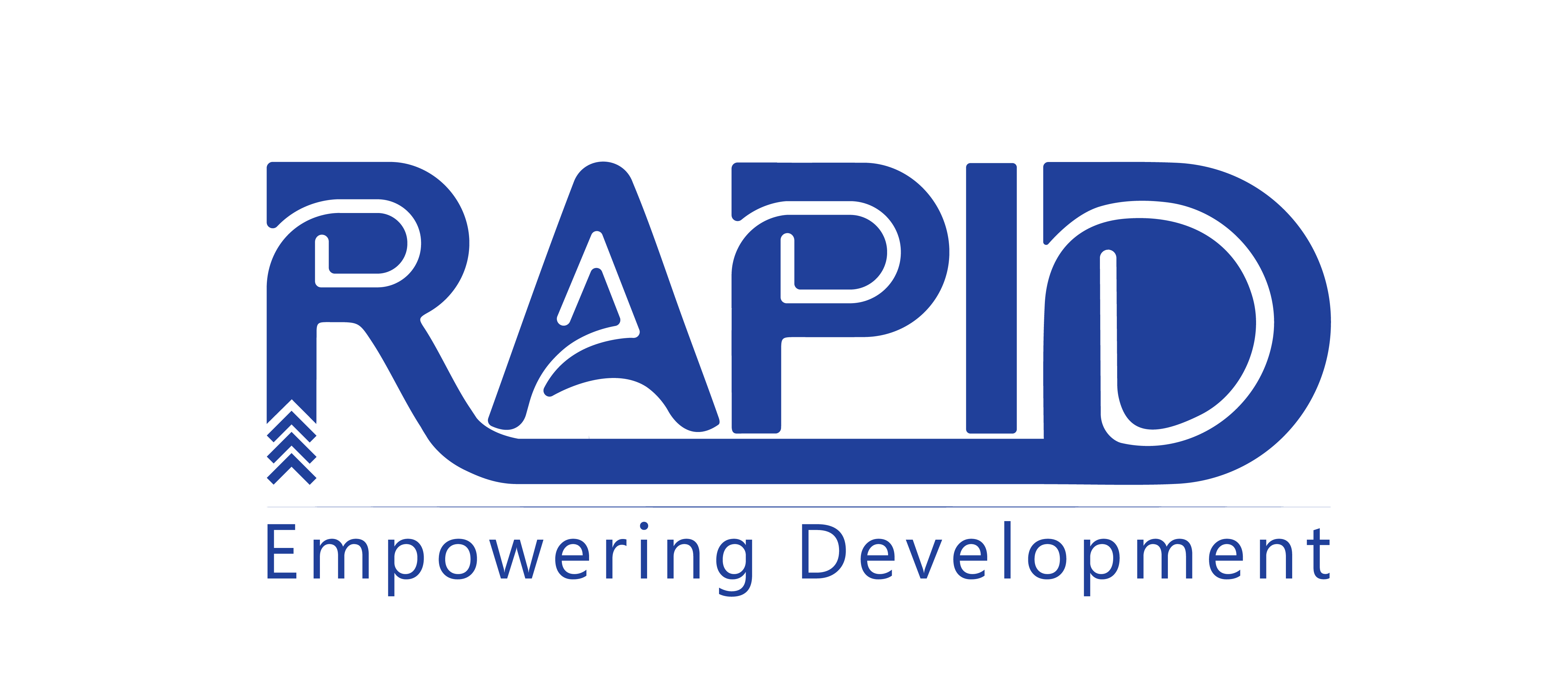
প্রবাসী কর্মীদের সুরক্ষা নিশ্চিতে বাংলাদেশের অগ্রগতি

Policy Brief || October 2025|| This policy brief examines the impact of the newly imposed U.S. reciprocal tariffs on Bangladesh.
Navigating Post-LDC Graduation: Firm-Level Evidence on Export Pricing Strategies of Bangladesh’s RMG Sector in Preferential Vs. Non-Preferential Markets
Contents
About the project
Partner: International Growth Centre (IGC).Project duration: July 2025 – December 2025.
Bangladesh is poised to graduate from Least Developed Country (LDC) status by 2026. Following graduation, the country will lose its LDC-specific duty-free quota-free (DFQF) market access in several developed and developing countries. This preferential access will either transition to less favourable Generalized System of Preferences (GSP) regimes or cease entirely. Studies have highlighted that the withdrawal of LDC-specific market preferences could significantly undermine Bangladesh’s export competitiveness—particularly in the ready-made garment (RMG) sector, which contributes over 85% of total export earnings. Although Bangladesh has benefited considerably from LDC-specific preferences in the EU and UK markets, it has also sustained strong performance in the US market, despite the withdrawal of GSP benefits in 2013. The US, Bangladesh’s second-largest export destination, accounts for over 20% of RMG exports. By contrast, leveraging GSP benefits in the EU has helped Bangladesh emerge as a leading RMG supplier, second only to China. This evidence suggests that while preferential access is advantageous, Bangladesh can maintain export growth even without it. Understanding firms’ pricing strategies in both preferential and non-preferential markets is therefore essential. Against this backdrop, this study aims to investigate the export pricing behaviour of RMG firms in the EU and US markets, which collectively account for over 80% of Bangladesh’s RMG exports. Using a unique firm-level customs dataset from the National Board of Revenue (NBR), the study will analyse pricing patterns and explore pricing-to-market strategies through advanced econometric models. It will assess how GSP preferences, firm size, and technological intensity influence pricing behaviour. The findings will provide actionable policy insights to help Bangladeshi RMG firms adapt to the post-LDC trade environment and sustain competitiveness in key global markets where duty-free access will be reduced or lost.

